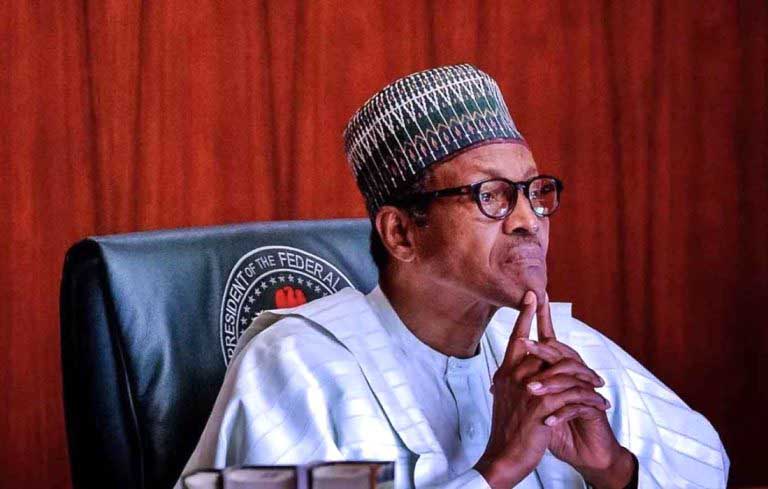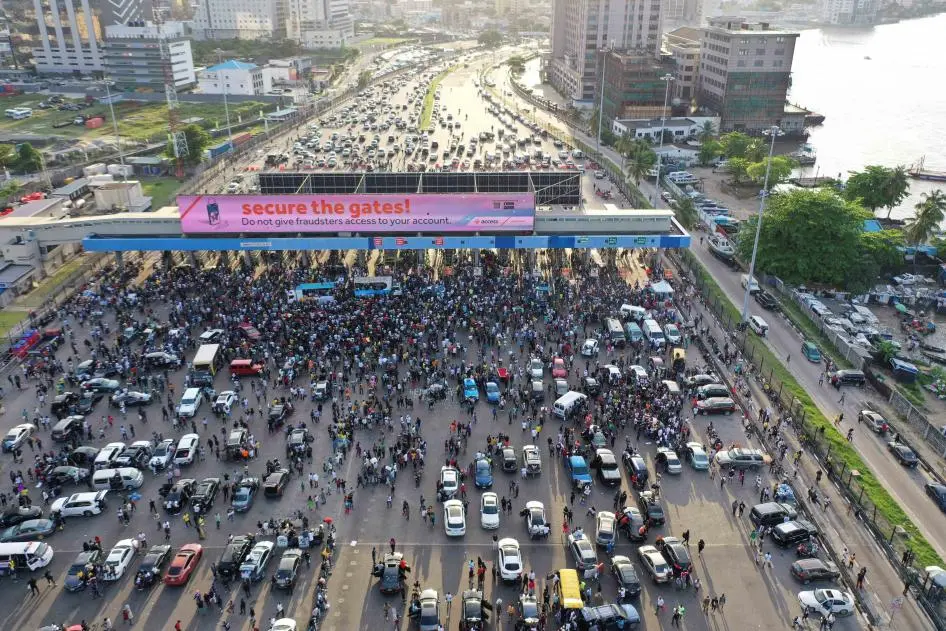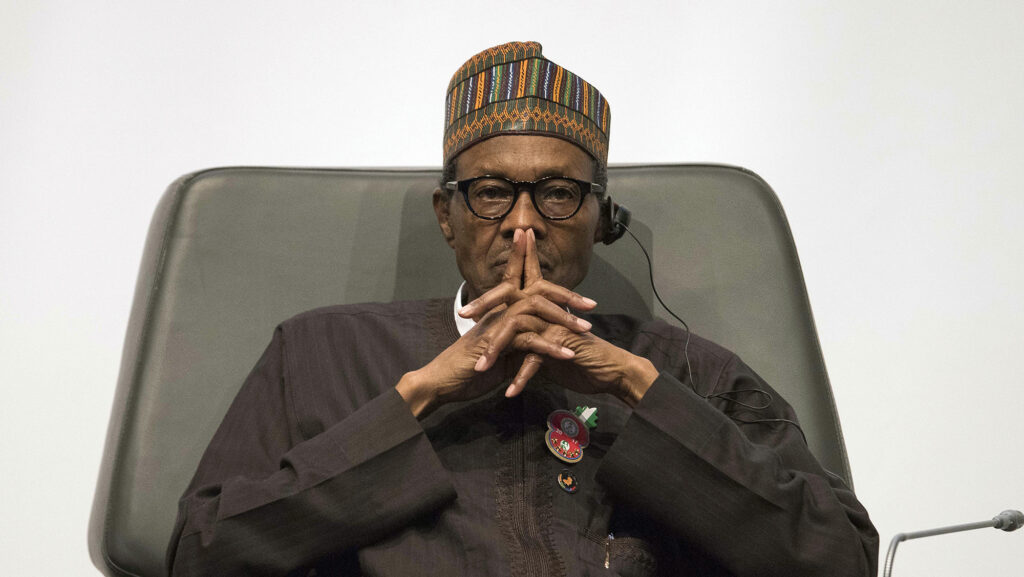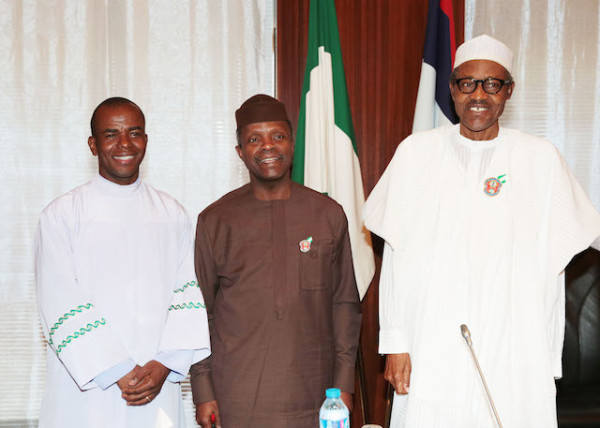
Will Nigerian masses remember Buhari as hero or villain?
Sopuruchi Onwuka
Former Nigerian President, Muhammadu Buhari, who died in London hospital and is mourned by the Nigerian political elite in mostly polite and formal tributes, is not enjoying commensurate kindness among the teeming Nigerian youthful masses that are now revisiting the times off the late president with anger.
With full national honours that culminated in a one-day national shutdown to allow full government cabinet members participate in a national funeral, incumbent President Bola Tinubu has relocated to Daura, in Katsina State to oversee the Muslim rites for the departed political benefactor.
The president had upon announcement of Buhari’s death sent a high powered government delegation to London with the purpose to ensuring that the erstwhile president’s remains are accorded diplomatic courtesies during repatriation.
Tributes and condolence messages have also poured in from different sections of th diplomatic community, regional and local politicians and the corporate community. Even the fiercest political opponents of the late former president including Alhaji Atiku Abubakar and Mr Peter Obi expressed grief at his sudden passing.
The Nigerian national flag has flown at half mast since Sunday evening at the orders of President Bola Tinubu, even as he chaired an emergency session of the Federal Executive Council to empower a committee for urgent funeral arrangements ahead of the arrival of the body of the former president.
The conventional media also carry the voice of distraught political and corporate elites who continue to narrate their close experiences with the late former president.
Soothing condolence messages also continue to inundate the wife and family members of the late Gen Buhari. And presidents of Nigeria’s regional allies expressed grief, sent condolences and declared intention to participate in the funeral of the immediate past Nigerian president.

Thus, an aerial view of the national mood in the period of mourning would generate an image of a country in deep grief over the sudden loss of an epic hero. All comments on the late former president pointed at his qualities which include tenacity, honesty and uprightness.
But the late former president, who died at 82 years of age, was hardly a man of the masses who have taken to social media to count their misfortunes in the hands of the late Buhari who had a looming influence on the nation’s politics, governance and society since 1970s.
Buhari’s first shot at the administration of the country was a direct outcome of the 1983 military coup which truncated Nigeria’s second democratic government and set the stage for the nation’s most protracted junta rule. These deleterious years of misrule had stalled development, brought hardship, infrastructural dilapidation and human right abuses. In the midst of the confusion over scramble for fame, power and money; Buhari himself fell victim of counter military coups that saw him join his own victims in prison.
Within the 16 years of rapid turnover of military rulers that included Generals Buhari, Ibrahim Babangida, Sani Abacha, Abubarkar and Mr Ernest Shonekan, Nigeria lost opportunities for rapid growth as citizens grappled with very austere economic and fiscal regimes. Buhari also, in the period, recycled himself into office of Head of Gen Abacha’s economic team in charge of Petroleum Special Trust Fund (PTF) which centralized fiscal disbursements in his own hands. He became Abacha’s de-facto prime minister until death rescued the country from the regime.
Return of Nigeria to democratic governance in 1999 left late Gen Buhari unfulfilled; and he mounted intense and mostly bloody campaigns to return to power. His tactics were ethnically divisive and hateful to some sections of the country. His desperation gave vent to militant opposition to incumbent governments and he easily attracted romours of merging forces with external groups to truncate the incumbent government.
Late Buhari’s desperate attempts at political comeback carried so much threat to national security that the Unites States, Japan, European Union and most countries of the world issued travel warnings to the country; especially after the UN building, critical business malls and transport terminals in northern parts of the country suffered bomb blasts in the run-up to 2015 general election in which Buhari’s All Progressive Congress (APC) won under controversial circumstances.
Along with threats of violence associated with the 2015 elections, Buhari had promised rapid economic growth through a slew of far reaching fiscal reforms and social benefits he never delivered. Instead, the national economy took a plunge to the opposite. He also responded to critics with brutal responses and punished regions of the country that gave him least votes with exclusion from government.
Under the Buhari regime, national security reached lowest ebb; and the country came under siege from invading militants that quickly spread across the zones. While the Boko Haram militants took foothold in Borno State, roaming herdsmen sacked villagers in Plateau, Niger, Benue, Ebonyi and Abia States. And whereas the murderous foreign militants roamed every crevice of the country with impunity, there were no responses from the nation’s security architecture.
Even the security forces, especially the police mobile units, had a field day against the people. Police brutality reached intolerable dimensions and sparked mass EndSARS resistance from youths in Western parts of the country.

In the eastern Nigeria where the late former president scored least number of credible election votes, the people were totally helpless and fell under militant and police bullets without compassion. Rejected politicians were imposed on the people and it became fashionable to attack anyone suspected of being friendly to defeated Goodluck Jonathan.
With little or no clue on how to fix the wobbling economy, living conditions worsened, investors left in droves, leakages widened and national income slumped as oil production suffered a dive with declining investments. Meanwhile cost of governance continued to increase with budget deficits becoming permanent feature in annual fiscal plans.
Faced with widening fiscal gaps, Buhari’s government launched a borrowing plan that put future oil output at stake, leaving the national oil company to also take similar steps in staking more oil in the cost of borrowing arrangements with services providers and operating companies as part government’s response to joint venture cash calls.
President Tinubu has been very restrained in declaring that he inherited a hollowed out treasury from Buhari; but Senate President, Godswill Akpabio, declared that the prevailing fiscal impasse manifesting in galloping inflation and cash squeeze is inherited from the Buhari government.
But Buhari might not be the monster the image of which he projected. Yes, he supervised full eight years of the bloodiest regime Nigeria has seen under peace time. Millions of Nigerians may have been killed, maimed, raped and displaced. Nigeria’s ethnic fault lines might have also widened in the period, and brutal political hate might have broken bonds. Yet, Buhari proved a few critics wrong. He showed compassion and rewarded his loyalists irrespective of their ethnic backgrounds. He worked hard to enthrone the incumbent president despite suspicions that he would retain the crown for his Fulani brothers. He honored agreements even if he left nothing behind.
Even for the few loyalists from the southeastern parts of the country against where he implemented his 97 percent versus 4 percent reward formula, Buhari delivered the controversial second Niger Bridge which remained a political promise since 1984.

Again, Buhari was not a puppet which would be pushed into vain fights or manipulated into frivolous rewards. He was never naïve. He recognized pretenders and cheap characters. He played and worked with people according to their value. He played with the vain minds and worked with those with determined and objective spirits.

He accepted support and good words with ethnic bigots that switch loyalties and opportunists hiding in the Christian catholic camps in Enugu. He demostrated in certain terms that he was not a pushover. But he worked with people from the same zone who demonstrated capacity to deliver world class projects. He was not totally the ethnic bigot people saw in him. He only recognized the need of his primary constituency and he prioritized them.


